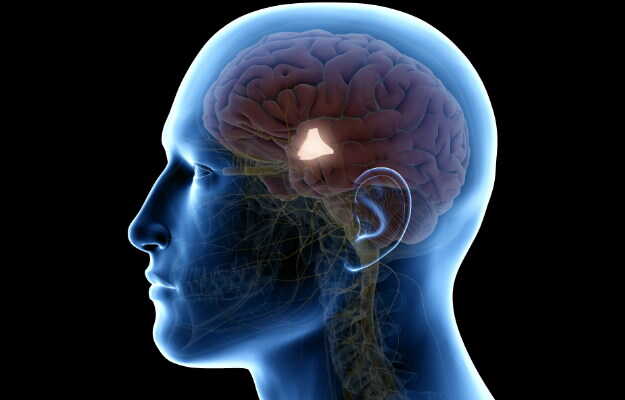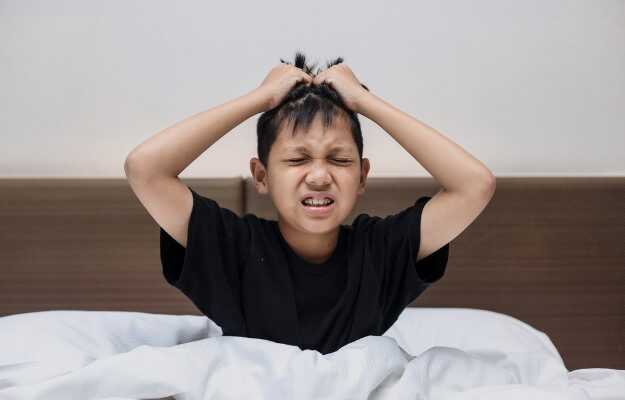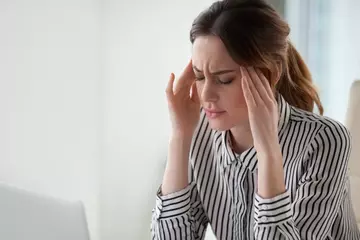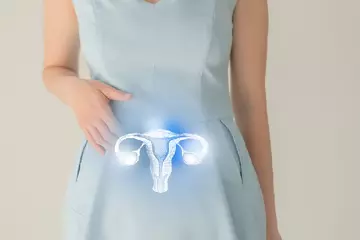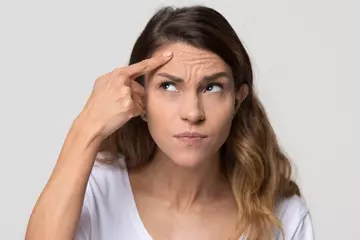Summary
Constipation is a common condition in which the bowel movements are difficult and they occur less frequently. It can be related to several factors, such as diet, medical history, or presence of other health conditions. Sometimes, certain medicines can also cause constipation. Doctors are of the opinion that constipation is not a disease but the manifestation of an underlying digestive condition. Other causes of constipation include intestinal blockages, weak pelvic muscles, lack of fibre in the diet, or dehydration.
Constipation can be managed effectively with over-the-counter medications, which are known as laxatives. Although these medicines provide immediate relief, they must not be consumed regularly. Several home remedies may also come to the rescue. Chronic constipation can be problematic and may require several tests to be carried out by the doctor for determining the cause. Diet changes can prove to be very helpful in managing constipation. Compilations of constipation can arise if left untreated.
(Consult a doctor with online treatment app)

 Doctors for Constipation
Doctors for Constipation  OTC Medicines for Constipation
OTC Medicines for Constipation
 Lab tests for Constipation
Lab tests for Constipation Constipation articles
Constipation articles
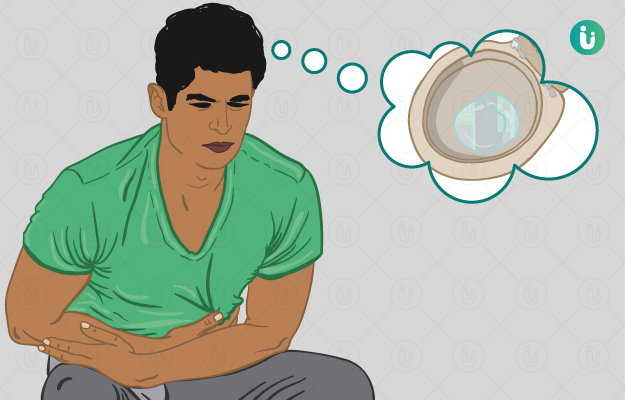
 Ayurvedic Treatment of Constipation
Ayurvedic Treatment of Constipation
 Home Remedies for Constipation
Home Remedies for Constipation
 Homeopathic Treatment of Constipation
Homeopathic Treatment of Constipation





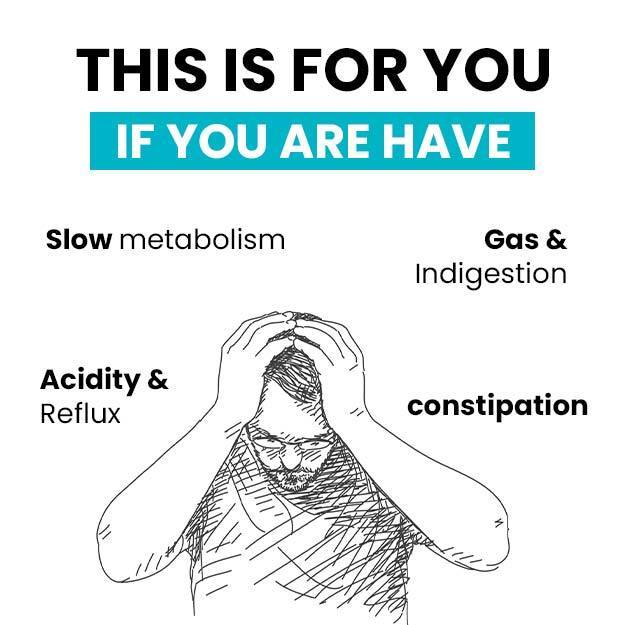
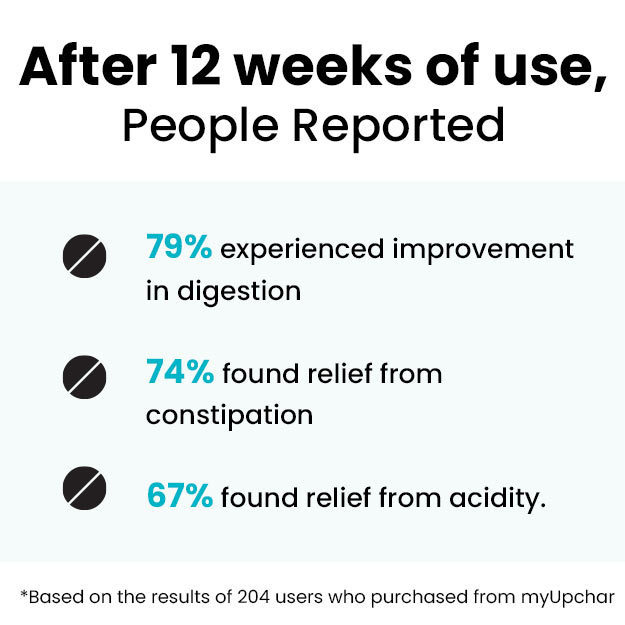
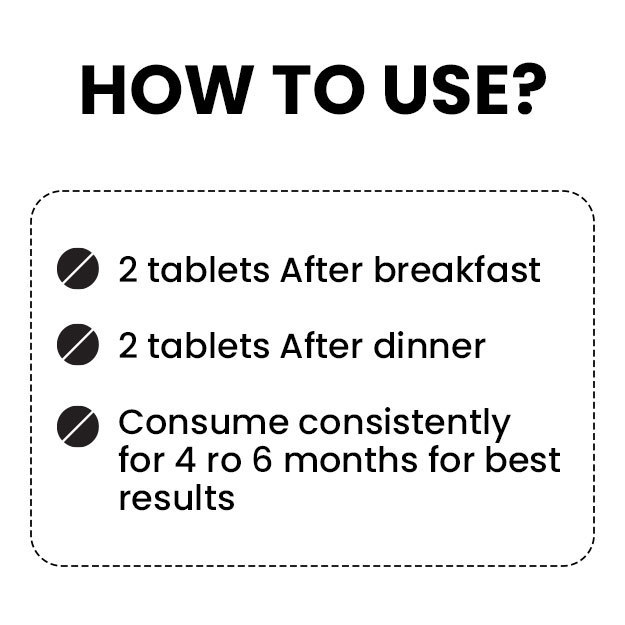







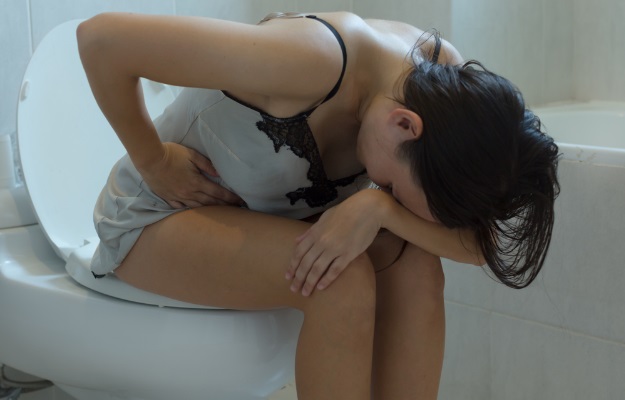
 Editorial Team
Editorial Team
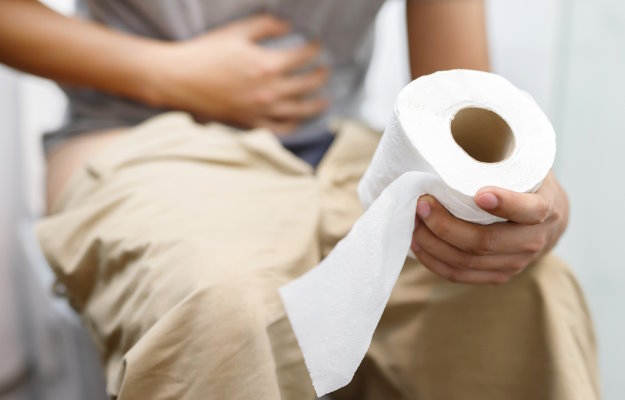
 Dt. Akanksha Mishra
Dt. Akanksha Mishra
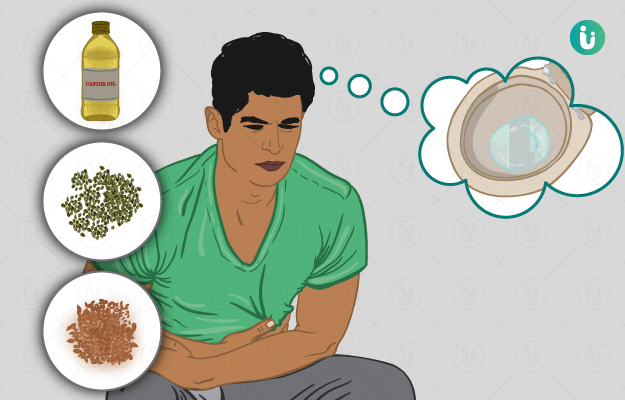
 Dr. Laxmidutta Shukla
Dr. Laxmidutta Shukla

 Dr. Rachita Narsaria
Dr. Rachita Narsaria

